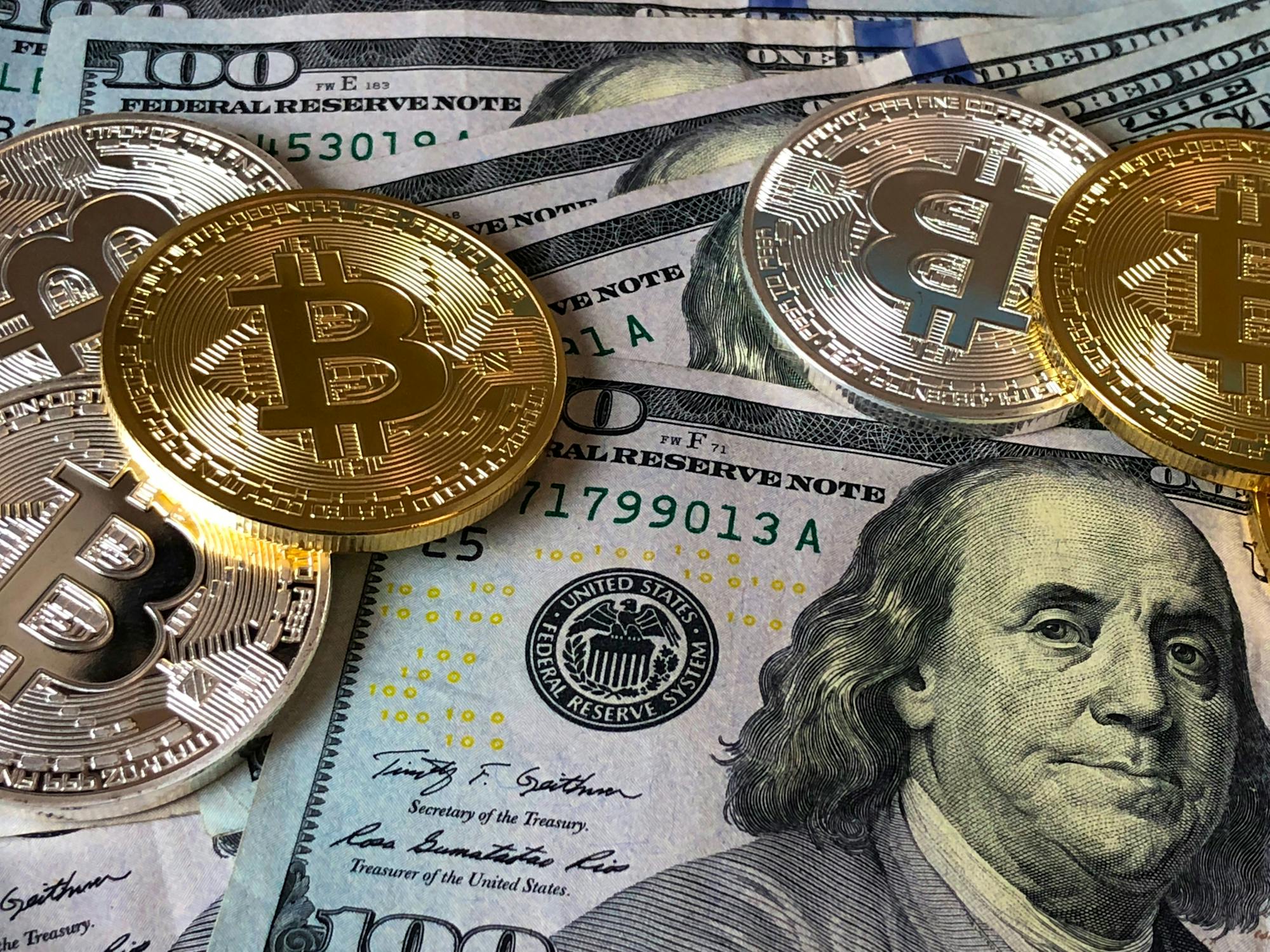The question might not be will digital currencies replace cash, but rather, when it will happen. At the Singapore FinTech Festival in 2023, Kristalina Georgieva, managing director of the International Monetary Fund (IMF), stated that digital currencies have the potential “to replace cash” as they “offer resilience in more advanced economies [and] improve financial inclusion where few hold bank accounts.” The digital currencies most likely to replace cash, or the need for cash, are CBDCs. Since 2009, cryptocurrencies have grown in popularity exponentially, drawing the attention of governments around the globe and encouraging them to pay close attention. From faster and more cost-effective payments to enhanced security, traceability, and financial inclusion, the benefits of using digital currencies are swiftly leading scores of people to choose them over traditional cash.
But will digital currencies replace cash altogether? Is it possible? And if so, when will it happen? In this article, we explore potential scenarios of a world without cash and take a closer look at the cash-replacing potential of CBDCs.
What is digital currency?
Unlike cash, digital currency is money that only exists digitally. It never leaves the digital realm and, therefore, cannot be physically withdrawn from an ATM unless converted into a traditional form, such as dollars or euros. Following the investigation of Bitcoin in 2009, there are today different kinds of digital currencies in circulation, including cryptocurrency, tokens, stablecoins, and CBDCs, which differ depending on their use case, protocol and degree of centralization.
Some examples of fully decentralized digital currencies include cryptocurrencies and stablecoins, such as Bitcoin, Ethereum and USDT, which operate on blockchain technology. Each transaction is peer to peer, meaning no banks, financial institutions, or intermediaries are involved in processing the transaction, only a distributed network of independent computers. This decentralization means central entities such as banks and governments cannot monitor or track movements or activity, which offers users a high level of privacy.
On the other hand, centralized digital currencies are fully controlled by centralized entities, such as banks or governments, which are therefore able to monitor transactions and manage the currency, which could lead to potential abuses of power. Upon the launch of CBDCs, voices were raised from within the native crypto community, inciting caution about their integration into the digital currency sphere, due precisely to centralization.
What are CBDCs?
Central bank digital currencies, or CDBCs, are a form of centralized digital currency that is issued and managed by a country’s central bank or government. As regards their digital functionality, they work much the same way as cryptocurrencies, harnessing blockchain technology to send funds in a faster, safer, and more global way compared to traditional currencies. Given particularly their peer-to-peer and borderless nature, CBDCs are celebrated for their ability to enhance financial inclusion and serve unbanked and under-banked populations, aiding access to money and financial services in countries with weaker infrastructures. This was the motivation behind IMF managing director Kristalina Georgieva’s public backing of these digital currencies.
The first CBDC was launched in Finland in 1994. Unfortunately, the Avant Smart card did not prove as successful as was hoped, and the project was abandoned in the early 2000s. Today in 2024, over 100 countries are currently investigating the implementation of CBDCs, including Australia, with two CBDCs currently in circulation in Nigeria (the eNaira) and in The Bahamas (the Bahaman sand dollar).
Will digital currency replace money?
It's uncertain whether digital currency will fully replace traditional money, although its popularity and adoption are on the rise. Since 2009, the number of cryptocurrency wallets has grown to 575 million. The appeal lies in faster transactions, lower costs, and better financial inclusion. However, digital currencies, including cryptocurrencies and central bank digital currencies (CBDCs), do present challenges such as privacy and disruption to current financial systems, which governments are still debating. For now, digital currencies are likely to coexist alongside traditional currencies like dollars, euros, or pounds. They may offer benefits, particularly to underserved populations, and as trust and awareness grow, digital currencies could increasingly change how people manage money and understand transactions.
For more on digital currencies and general insights on crypto, visit www.limitlex.com, or get in touch with our team to discuss any questions you may have.


